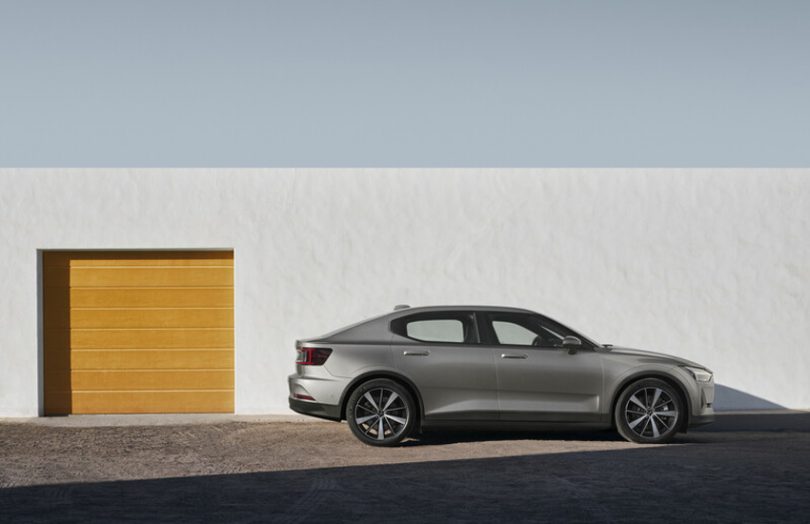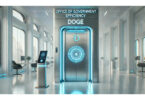Yesterday, electric car company Polestar announced a strategic partnership with blockchain traceability startup Circulor. The companies already work together to trace cobalt used in certain Polestar electric vehicle batteries.
“Caring about ethics and the environment is key to Polestar. This unprecedented level of traceability means that Polestar can promote sustainable and ethical practices in its supply chain and provide better transparency for consumers,” said Polestar CEO Thomas Ingenlath.
Last month, the Swedish car manufacturer outlined an ambitious plan, Polestar 0, to produce a carbon neutral car by 2030. But there’s more. Where others might resort to carbon offsetting through planting trees or investing in renewables, Polestar says its supply chain needs to leave the factory gates with a zero-carbon footprint and without using offsets to achieve that goal.
To make that happen requires radical transparency. Hence the expanded relationship with Circulor to trace additional raw materials, especially those with environmental or human rights risks such as nickel, mica, manganese, graphite and lithium.
“Lithium is one of the materials used in the batteries and it is associated with environmental concerns, particularly in places like the Atacama Desert,” said Circulor CEO Douglas Johnson-Poensgen. “Rare earth elements have human rights concerns associated with them. The carbon footprint of aluminum is massive, yet there is a small but growing movement towards greener aluminum. Materials like nickel, which is obviously essential to battery manufacturing but is also used in steel production, is also on that list.”
Circulor’s blockchain solution will be used to track CO2 emissions in every part of the production process as well as emission figures inherited through its supply chain. The technology uses the Hyperledger Fabric enterprise blockchain.
Polestar’s parent Volvo is an investor in Circulor, as is Jaguar Land Rover. The company also tracks electric vehicle battery emissions for Mercedes.






